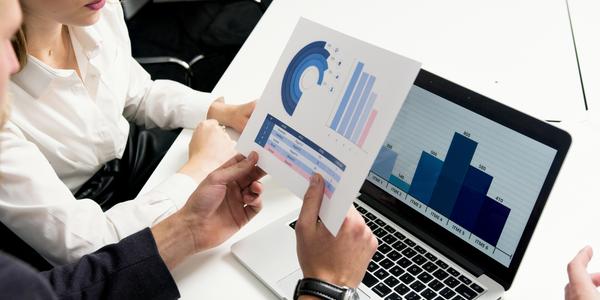
In the realm of history, we often take it for granted that the facts presented to us are absolute truths. However, what if I were to tell you that even some of the most widely accepted historical accounts might be open to interpretation? What if a 9th-century leader had a scribe rewrite an account of a battle in the 7th century to serve their own interests? This might seem far-fetched, but it highlights the difficulty of verifying historical data from centuries past.
Fast forward to the present day, and we find ourselves facing a similar problem with the rapid development of Artificial Intelligence (AI). As AI takes center stage, we risk creating a dystopian future where truths can be rewritten at will. This is particularly alarming given that Open AI’s shift towards a more closed model has raised concerns about transparency and public trust.
The Black-Boxed Silos of AI
The current state of AI development is dominated by powerful entities that operate in black-boxed silos, making it difficult for the public to understand how their algorithms work. This lack of transparency raises concerns about accountability and the potential for manipulation. As long as these entities continue to hide their algorithms from the public, we risk creating a system where data can be manipulated at will.
The Danger of Unchecked AI Development
While AI has the potential to bring about immense benefits, its unchecked development poses significant risks to society. With powerful corporations and governments vying for control, we may soon find ourselves in a world where our freedoms are curtailed, and disinformation campaigns become commonplace. The use of AI image generators by political operatives and governments is already a growing concern.
Furthermore, the recent introduction of iOS 18’s AI suite has raised eyebrows about Big Tech’s access to private data. This raises questions about whether we’re heading towards a future where bad actors can manipulate us through our devices.
The Need for Regulation
To prevent this dystopian future from unfolding, it’s essential that we establish regulatory frameworks that promote transparency and accountability in AI development. The public must demand that politicians implement regulations to safeguard user data and ensure that AI advancements are developed responsibly.
California is currently leading the charge with proposed legislation aimed at curbing the dangers of AI. While some tech advocates worry that this bill will hinder innovation, it’s a step in the right direction towards addressing the concerns surrounding AI development.
Decentralization: The Key to Democratizing AI
However, regulations alone are not enough to ensure that AI developments can’t be corrupted by powerful interests or Big Tech cartels. Decentralized AI, on the other hand, offers a promising solution. By distributing resources and control across a network, decentralized AI drastically reduces its potential for manipulation.
The Benefits of Decentralization
Decentralization doesn’t just promote transparency and accountability; it also facilitates collaboration, provides checks against mass surveillance, and scales more effectively than centralized networks.
Blockchain: The Enabler of Decentralized AI
Blockchain technology plays a crucial role in enabling decentralized AI by facilitating monetization through decentralized ownership while ensuring transparent and secure open-source collaboration. This is essential for countering Big Tech’s closed models and promoting responsible AI development.
Conclusion
As we move forward with AI development, it’s essential that we strike a balance between enhancing efficiency and accounting for ethical and safety considerations. By embracing decentralization and promoting transparency, accountability, and regulation, we can ensure that AI benefits humanity rather than threatening its future.
Guest Author: Peter Ionov
Peter Ionov is a Ukrainian entrepreneur, engineer, and inventor who leads and runs several companies, including Robosoft, GT protocol, and Ukr Reklama. He’s known for his ambitious vision of the future, which includes developing technologies that improve people’s lives and stability.
Disclaimer
This article is intended for general information purposes only and should not be taken as legal or investment advice. The views expressed here are those of the author alone and do not necessarily reflect or represent the views and opinions of Cointelegraph.






